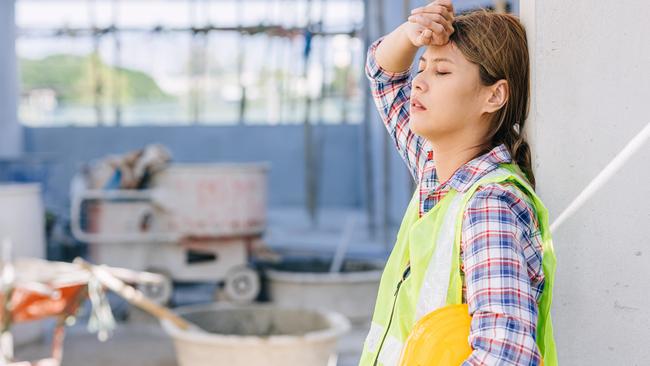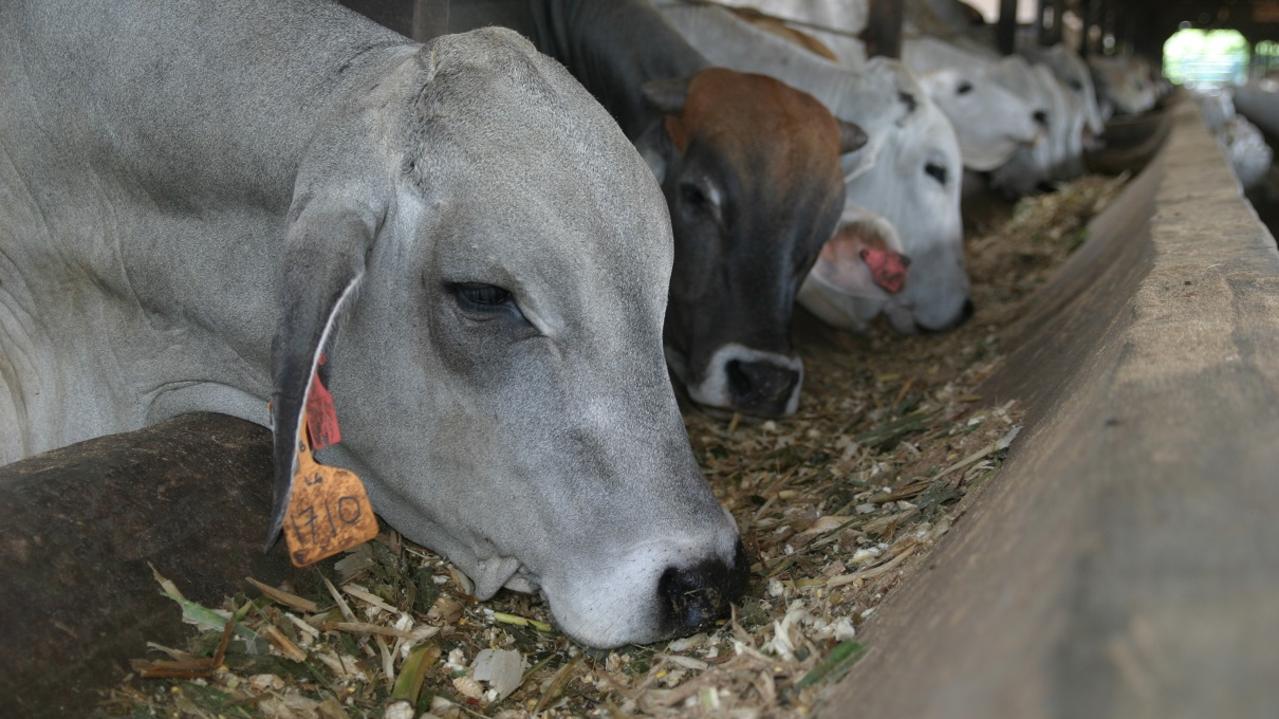Cost-of-living pressures mean injured or ill workers ‘can’t afford’ to stop
Cost-of-living pressures are increasingly being cited by insecure workers as reasons for not taking time off work when injured, new ACTU research finds.

Cost-of-living pressures are increasingly being cited by insecure workers as reasons for not taking time off work when injured, new ACTU research finds.
Drawing on responses by 3000 workers, more than half of the insecure workers who worked while injured said they did so because they had no access to paid leave.
The results will be used by unions to push the Senate crossbench to back stage two of the government’s “closing loopholes” changes that include greater rights for casuals and gig workers.
While likely to be dismissed by employers, the latest survey results show a big jump year to year in injured workers citing affordability – 57 to 69 per cent – as the reason they did not stop work.
The increase is likely to reflect the growing cost-of-living pressures on insecure workers, including gig workers, casuals, and contractors.
According to the research, 52 per cent of workers in insecure jobs who continued working while ill or injured cited an absence of paid leave.
In contrast, just 18 per cent of injured workers in secure jobs reported being unable to take time off due to lack of paid leave.

People in insecure work were more likely to experience physical injuries than those in secure employment, with 7 per cent of secure workers reporting a physical injury compared to 11 per cent of insecure workers.
Mental health injuries for those in insecure work also rose from 13 per cent in 2021 to 20 per cent in 2023.
A survey last year by the McKell Institute and Transport Workers Union showed more than half of transport gig workers experienced work-related stress, anxiety and mental health issues, and 56 per cent of food delivery riders reported feeling pressure to rush and take risks on the road to earn enough money and avoid deactivation for being deemed too slow.
The Senate will soon debate the remaining parts of the government’s proposed “closing loopholes” laws.
ACTU assistant secretary Liam O’Brien said passage of the bill would stop employers exploiting loopholes to cut the pay and conditions of casuals and gig workers.
He said no one should have to go to work when injured or ill simply because their job lacks the most basic of protections.

“Under the current law, if you’re a casual or gig worker and are injured or ill, you’re forced to make the difficult decision of either taking time off with zero pay or going to work and likely worsening your condition,” Mr O’Brien said. “Parliament has the power to help these vulnerable workers by passing the remaining parts of the Closing Loopholes Bill, which guarantees these workers basic rights that other workers are entitled to.”
Recent Australian Bureau of Statistics found 7 per cent of casuals have been with their employer for more than 12 months.
Almost 30 per cent of these workers wanted to change to permanent work and listed job security and paid leave entitlements as their top reasons for wanting the switch.
The government has estimated 85,000 casual workers will seek permanency annually in the five years after the bill is passed, before falling to about half the number.
Key Senate crossbenchers have said the changes to casual employment and the gig economy must not add more red tape for small business.








To join the conversation, please log in. Don't have an account? Register
Join the conversation, you are commenting as Logout